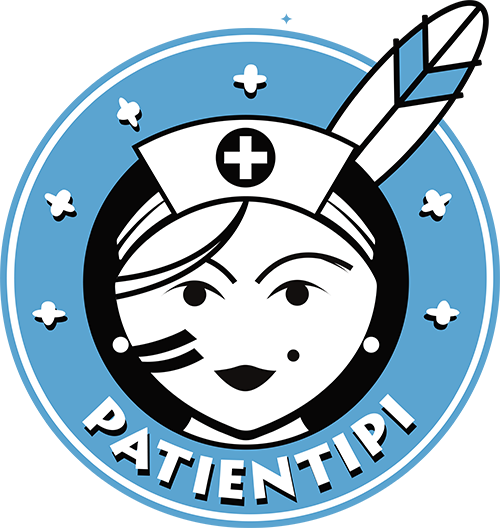Dear colleagues, you are welcoming a patient from China.
Here is a list of useful information to know in the context of his medical care.
General Information
Distance from Paris Beijing: 8 219 km
1.4 billion inhabitants / Average salary: $473 per month
Literacy rate: 95% / Life expectancy: 76.3 years
Spoken languages : Mandarin and other dialects
● Chinese medicine is a holistic method with a philosophical approach that influences both the body and the mind.
● Chinese medicine is based on the philosophy of yin and yang, two opposing but complementary forces that constitute life and energy.
● The cultural difference in health may cause some Chinese patients to question Western treatments and care methods.
● Be aware that there are over fifty different ethnic groups in China. Each has its own cultural nuances.
● The Chinese use many traditional Chinese herbal remedies to rebalance its energies.
● Be sure to know their composition to anticipate their effects on prescribed medications.
● Society and the family unit tend to be very hierarchical.
● A lot of pressure is often put on children to do well in school.
● The most common diseases found in China are: Covid-19, chikungunya, tick-borne encephalitis, Japanese encephalitis, yellow fever, avian flu, hepatitis A and B, rabies, malaria, tuberculosis, typhoid, and Zika.
Communication
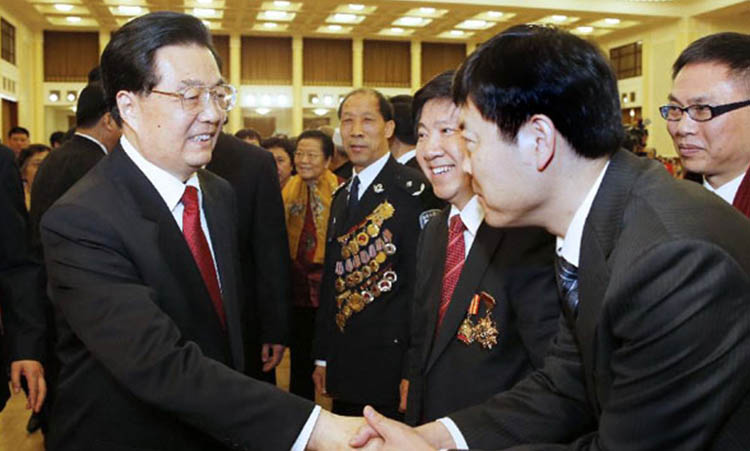
● Bowing is a traditional Chinese greeting, and a simple nod is accepted as a response.
● Protocol dictates that great respect is due to elders and those in important positions (including by education level).
● Decisions are made by family consensus.
● The word “no” may be considered offensive.
● Raising one’s voice in front of a Chinese patient may be seen as an expression of anger and/or loss of emotional control.
● In China, it is customary to avoid too much sustained eye contact and physical contact during a conversation.
● It is best to explain the reason why physical contact with the patient is necessary.
● It may be helpful to reiterate the request because the patient may initially refuse, in the first instance, out of politeness.
● When pointing to a person, use the hand rather than pointing with the finger, as this may be perceived as a sign of aggression.
● In China, the number 4 brings bad luck, especially during the holiday season, so avoid referring to it. The word “4” and the word “death” are pronounced the same way.
Beliefs, Practices & Rituals
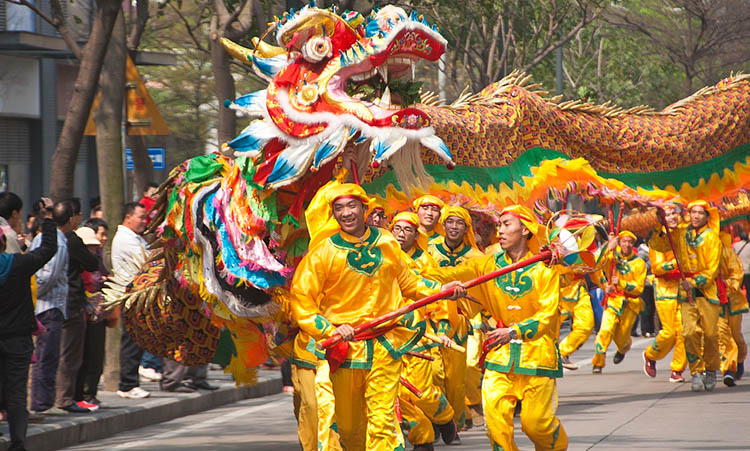
● The Chinese use many traditional herbal remedies to rebalance their energies.
● Be sure to know their composition to anticipate their possible effects with prescribed medications.
● To the dismay of specialists in China, acupuncture is less and less practiced, unlike in Europe and the United States.
● Cupping is a traditional medical practice mostly used to treat chronic pain.
● After cupping treatment, the treated areas leave red round marks, which may turn blue and remain visible for several days.
● According to Chinese medicine, every person born with a natural self-healing ability.
● The majority of Chinese people practice Buddhism or Christianity.
Dietary Habits
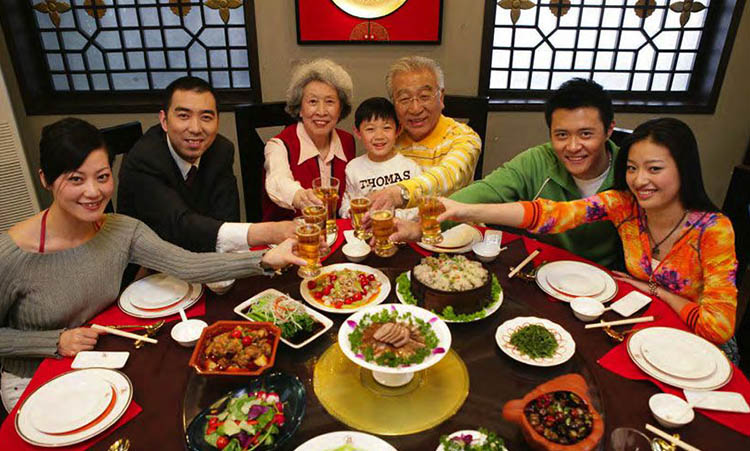
● For the Chinese, every food has a particular energy, sometimes yin, sometimes yang.
In terms of food, the definition of “hot” and “cold” do not necessarily refer to the temperature but to its “energy”.
● Chinese people almost never drink cold water, reputedly less good for general health.
● In case of the need for a sodium restricted diet, It is interesting to take into account the consumption of soy sauce.
● The Chinese drink water lukewarm, even hot.
● Traditionally in China, the family wishes to bring the food to the patient.
Pregnancy and motherhood
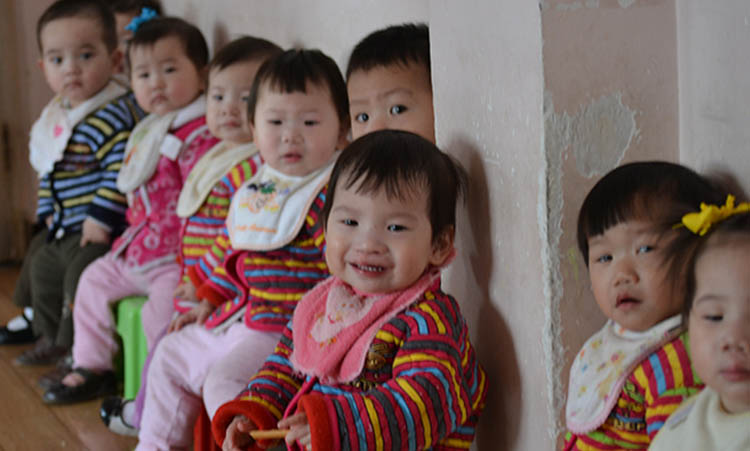
● In China, the tradition of resting a woman who has just given birth for a month is called “the golden month””. Regardless of their social rank, most Chinese women follow this tradition.
● According to Chinese tradition, the postnatal woman should avoid physical exertion, stress and exposure to cold and damp.
● During this month, if the woman has had a C-section, she is advised to stay in bed and only get up to go to the bathroom.
● To avoid showers and baths, she should wash with a towel soaked in a mixture of water, hot alcohol, and salt or ginger.
● Most newborns have a blue/gray spot (the mongoloid spot) that appears at birth on the lower back and/or buttocks. It disappears over time.
End-of-life care
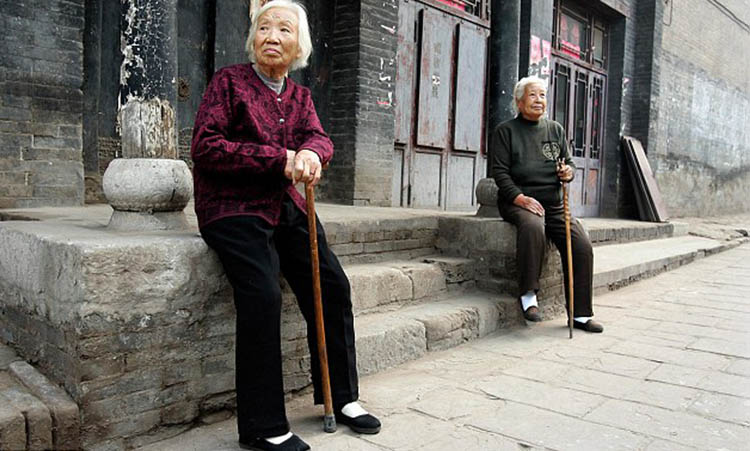
● Traditional Chinese avoid talking about death and the subject is handled very tactfully.
● In China, cancer is extremely feared and stigmatized. For this reason, certain terms should be mentioned with caution. For example, when a patient is terminally ill, family members may want to preserve the patient and not tell him or her.
● The oldest son in a family is traditionally responsible for funeral arrangements.
● Children under the age of 10 are not always informed of a death.
● Black, blue and white are the traditional colors of mourning.
● In China, there is no voluntary organ donation or consent system. In the absence of an organ donation and distribution system, the kidneys, livers, and hearts in question are sometimes sold overseas and to wealthy Chinese. Most of the time, these organs come from deceased prisoners.
Examples of Cases Encountered
This section allows us to share real-life experiences. Please feel free to share yours with the community.
The family of an Asian patient insists on rubbing him with a coin, hard enough to bring up bright red marks as a treatment.
It is best to discuss the patient’s food preferences with the patient or a family member. A patient of Chinese descent is in the hospital with lung cancer. A Chinese buffet has been set up on a hospital serving cart especially for him. However, the patient refuses to eat anything prepared by the hospital, consuming only food brought and prepared by his family. The gentleman’s family considers his lung cancer to be a cold condition (yin 阴). In order to restore the balance of his body, he needs to be given yang (阳) or “hot” food. In addition, in China, the family traditionally provides food for the patient. The staff willingly accommodated the patient’s needs by allowing the family to bring their own food.
A Chinese patient refuses pain medication after surgery (his cultural belief being that it is rude to accept something the first time it is offered).
● The golden month, a Chinese tradition that pampers women after childbirth
● French.visitbeijing.com.cn – 3 traditional Chinese therapies to keep you healthy
● The golden rules of good manners in Asia
● Courrier international : A traditional medicine in decline, in China, acupuncture does not make any more receipt
